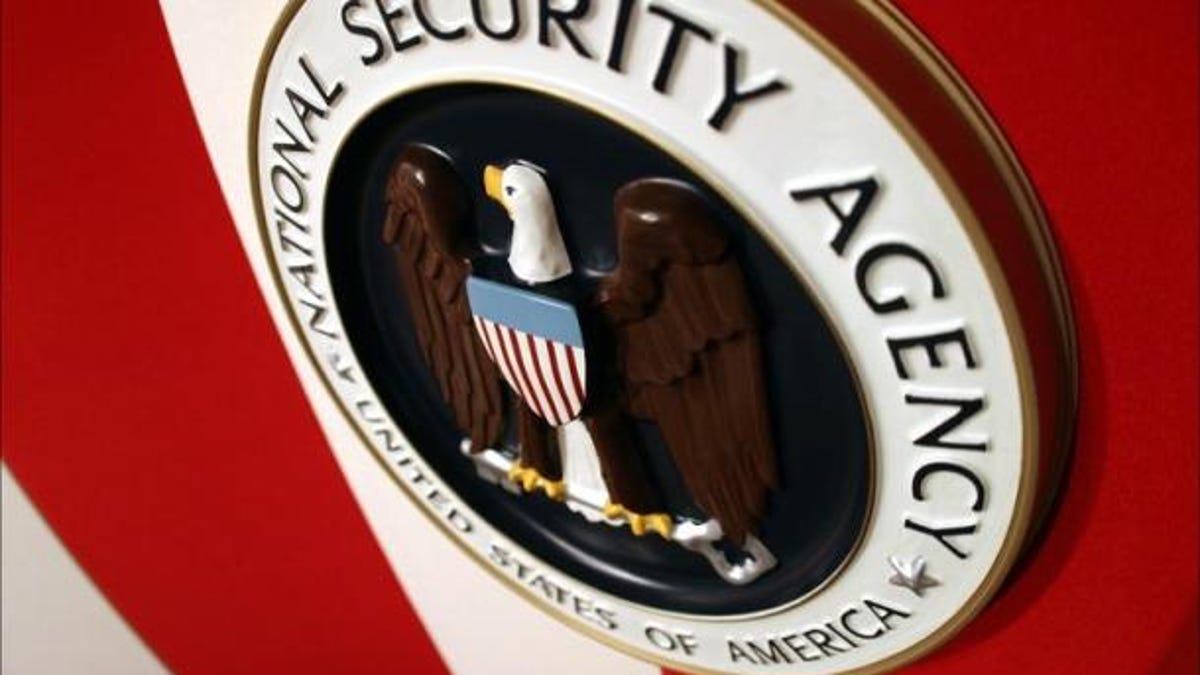White House tries to prevent ruling on NSA surveillance
The Obama administration acknowledges for the first time that the NSA's collection of data on American's Internet and phone activity was authorized by President Bush in 2001.

The Obama administration has filed papers to prevent a federal judge from issuing a ruling on whether the government's warrantless surveillance programs are constitutional.
In a pair of filings late Friday with court for the Northern District of California, the White House acknowledged for the first time that NSA's bulk data collection on American's Internet and phone activity was authorized by President Bush in the weeks after the terrorist attacks of September 11, 2001.
"President Bush issued authorizations approximately every 30-60 days," wrote James R. Clapper Jr., the director of national intelligence. "Although the precise terms changed over time, each presidential authorization required the minimization of information collected concerning American citizens to the extent consistent with the effective accomplishment of the mission of detection and prevention of acts of terrorism within the United States. NSA also applied additional internal constraints on the presidentially authorized activities."
The government argued, that despite recent leaks by former NSA contractor Edward Snowden, further revelation's about the NSA's surveillance and data collection programs could put the government's security at risk if they were divulged in court, he wrote.
"Disclosure of this still-classified information regarding the scope and operational details of N.S.A. intelligence activities implicated by plaintiffs' allegations could be expected to cause extremely grave damage to the national security of the United States," Clapper wrote.
Arguing that it can continue to assert its state secrets privilege to block information from being used in a court, the Justice Department has asked US District Court Judge Jeffrey S. White to dismiss the case without ruling on whether the programs violated the First or Fourth Amendments of the Constitution. The court had earlier ordered the government to evaluate how Snowden's leaks had affected it invocation of the state secrets privilege.
Plaintiffs in the cases, including the Electronic Freedom Foundation, have until late January to respond.
"The government seems to be trying to reset the clock to before June 2013 or even December 2005," EFF Legal Director Cindy Cohn said in a statement. "But the American people know that their communications are being swept up by the government under various NSA programs. The government's attempt to block true judicial review of its mass, untargeted collection of content and metada by pretending that the basic facts about how the spying affects the American people are still secret is both outrageous and disappointing."
The filing comes on the heels of another federal judge's ruling earlier this week that the NSA's data collection activities were likely unconstitutional. US District Judge Richard Leon ruled Monday that the government's bulk collection and querying of phone record metadata may violate the Fourth Amendment and "certainly does violate a reasonable expectation of privacy."
Leon, who was appointed to the District Court for the District of Columbia by Bush, issued a preliminary injunction in the case, which is the combination of related lawsuits filed against the government by legal activist Larry Klayman, that bars the NSA from collecting metadata associated with the Verizon account of Klayman and one of his clients. However, the judged stayed the order to allow for an appeal.
[Via The New York Times]

